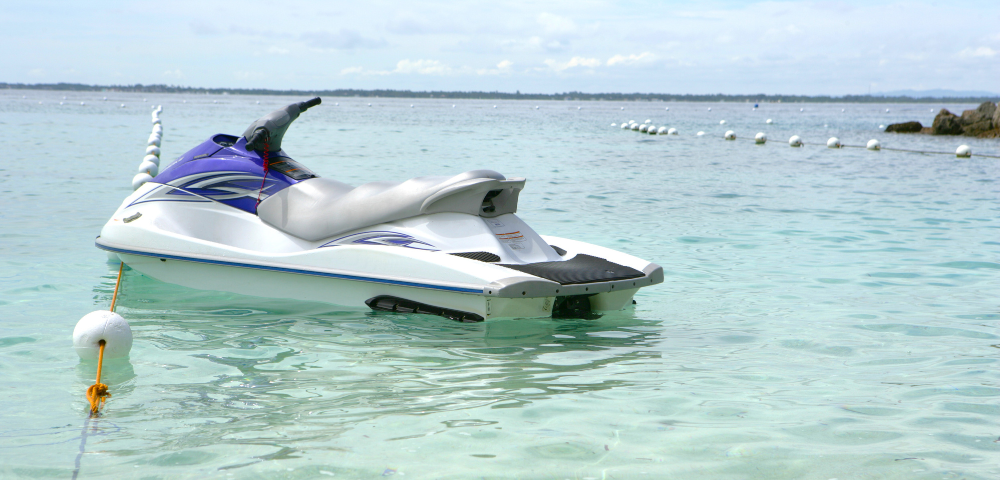Watersports Club Fined Entire Assets for Corporate Manslaughter After Fatal Speedboat Incident

Watersports Club Fined Entire Company Assets After Tragic Speedboat Incident
Prince’s Sporting Club Ltd, a watersports club in Middlesex, has been fined the entirety of its assets after being charged with corporate manslaughter following a tragic incident in 2010. The case involved the death of 11-year-old Mari-Simon Cronje, who was fatally injured during a birthday celebration at the club.
On 11 September 2010, Mari-Simon was taking part in a banana boat ride when she fell into the water. Tragically, the driver of the speedboat towing the banana boat was unaware of her fall and struck her while navigating a tight circular route. Despite rescue efforts, Mari-Simon sustained fatal injuries.
Legal Proceedings and Charges
The watersports club, Prince’s Sporting Club Ltd, appeared before Westminster Magistrates Court to face charges of corporate manslaughter. The prosecution also highlighted a breach of Section 3(1) of the Health and Safety at Work, etc. Act 1974, which requires employers to ensure the safety of non-employees affected by their business operations. In addition, Glen Walker, a director of the company, faced charges under Section 37 of the same Act, which holds directors and senior management accountable when safety failures occur as a result of their neglect.
The charges made Prince’s Sporting Club Ltd the fifth company in the UK to be prosecuted successfully under the Corporate Manslaughter and Corporate Homicide Act 2007.
The Importance of Health and Safety in High-Risk Industries
This case highlights the devastating consequences of neglecting safety protocols in high-risk environments like watersports. Ensuring proper oversight, safety measures, and staff training is not just a legal responsibility but a moral one, especially when lives are at stake.
Key safety measures that could prevent similar incidents include:
- Regular Risk Assessments: Identifying potential hazards, such as risks associated with water-based activities, and ensuring procedures are in place to minimize them.
- Comprehensive Safety Training: Ensuring staff are properly trained to handle emergencies, monitor participants, and operate equipment safely.
- Clear Safety Protocols: Implementing robust protocols for high-risk activities, including ensuring there is always someone spotting participants during activities like banana boat rides.
- Continuous Monitoring: Constantly monitoring participants during activities and using additional safety measures such as spotters or automatic alerts for falls.
Strengthening Corporate Responsibility
This case serves as a stark reminder to all businesses, particularly those in high-risk industries, that health and safety regulations must be taken seriously. The Corporate Manslaughter and Corporate Homicide Act 2007 was designed to hold organisations accountable when their failure to ensure safety results in the loss of life.
Fines and penalties may dissolve the financial standing of a company, but the emotional and moral costs of such incidents are far greater. The tragic loss of a young life emphasises the importance of rigorous safety checks, constant monitoring, and comprehensive staff training to prevent similar incidents in the future.
For more information on how to safeguard your business from health and safety risks, visit the Health and Safety Executive (HSE) website for guidance and resources.
At CQMS, we specialise in helping businesses navigate complex health and safety regulations, ensuring your workplace meets the highest safety standards. Don’t wait for an incident to highlight gaps in your safety protocols. Our expert team provides comprehensive audits, risk assessments, and tailored safety solutions for high-risk industries. Contact us today to ensure your business is compliant, your staff is protected, and your operations are secure.


